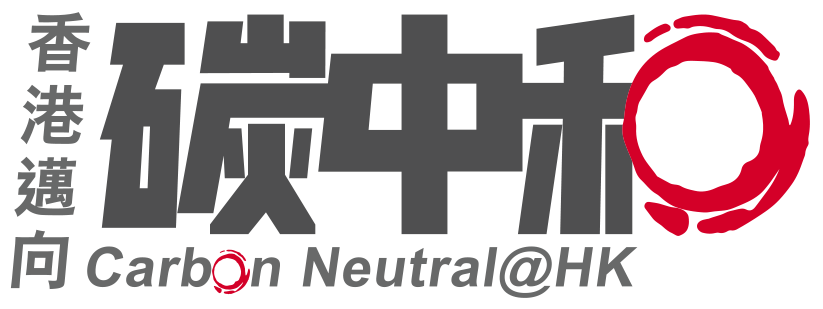LCQ10: Reducing consumption of hydrofluorocarbons
Following is a question by the Hon Chan Siu-hung and a written reply by the Secretary for Environment and Ecology, Mr Tse Chin-wan, in the Legislative Council today (December 7):
Question:
It is learnt that hydrofluorocarbons (HFCs), commonly used as refrigerants in equipment such as air-conditioners and refrigerators, have high global warming potential (GWP). In June 2021, China officially ratified the Kigali Amendment to the Montreal Protocol on Substances that Deplete the Ozone Layer, with a view to progressively phasing down the consumption and manufacture of HFCs, thereby mitigating global climate change. In this connection, will the Government inform this Council:
(1) whether it has discussed with members of the industry the reduction in the consumption of HFCs; if so, of the latest progress;
(2) whether it has drawn up a timetable for reducing the consumption and manufacture of HFCs; if so, of the details; if not, the reasons for that; and
(3) as it is learnt that other refrigerants with low GWP that can be used as alternatives to HFCs are available in the market, of the measures the Government has in place to encourage the industry to use such refrigerants?
Reply:
President,
Hydrofluorocarbons (HFCs) are mainly used as refrigerants in air-conditioning and refrigeration equipment. They are greenhouse gases that cause climate change, as their global warming potentials (GWPs) can be over ten thousand times higher than that of carbon dioxide. In June 2021, our country officially ratified the Kigali Amendment to the Montreal Protocol on Substances that Deplete the Ozone Layer (the Montreal Protocol), which aims to gradually reduce the manufacture and use of 18 types of HFCs to mitigate global climate change. According to the Kigali Amendment, Hong Kong must establish and implement an import and export licensing control system for HFCs and import quota control to progressively reduce the use of HFCs by 85 per cent from the baseline level by 2036. To fulfil the international obligations of the Hong Kong Special Administrative Region (HKSAR) under the Montreal Protocol, the Government is formulating a control proposal for HFCs.
My reply to the question raised by the Hon Chan Siu-hung is as follows:
(1) The Environmental Protection Department has been in regular contact with relevant local trade associations and professional bodies to brief them on the requirements of gradually reducing the use of HFCs under the Kigali Amendment, and to exchange views on the use of low-GWP alternatives. After our country officially ratified the Kigali Amendment in June last year, we have held further meetings with the relevant trades, including trade associations, equipment suppliers and HFCs importers, to discuss and assess their preparedness for gradually reducing the use of HFCs, and to gauge their views on the control of HFCs. The Government has already formed an inter-departmental task force to draw up the control proposal for HFCs based on the information gathered, and will formally consult the trades concerned in 2023.
(2) The Government plans to commence the relevant legislative amendment work after consulting the trades on the control proposal for HFCs next year. Such work is expected to be completed by 2025. Once local legislation is enacted, the Kigali Amendment and its HFCs phase-down schedule shall become legally binding on the HKSAR.
(3) Alongside the global commitment to combating climate change and the adoption of the Kigali Amendment, refrigerant manufacturers have developed more and more low-GWP refrigerants that can serve as alternatives to HFCs refrigerants. At present, different types of such alternatives are available in the global market and many of them have already been introduced to the Hong Kong market, such as R1233zd (GWP value: 1) and R514A (GWP value: 2) for water-cooled chillers, R600a (GWP value: 3) for household refrigerators, and R1234yf (GWP value: 4) for automotive air conditioners. Apart from implementing the aforementioned import and export licensing control system and import quota control for HFCs, we will also consider incorporating appropriate measures into the control proposal for HFCs. For instance, the Government should take the lead in using low-GWP refrigerants and procuring refrigeration equipment that use low-GWP refrigerants. The benefits of using such alternatives should also be widely publicised to encourage members of the public and the related trades to follow suit, thereby fuelling the growth of these products in the local market, with a view to helping Hong Kong achieve the reduction target for HFCs as required by the Kigali Amendment and hence mitigating global climate change.
Issued at HKT 11:45


